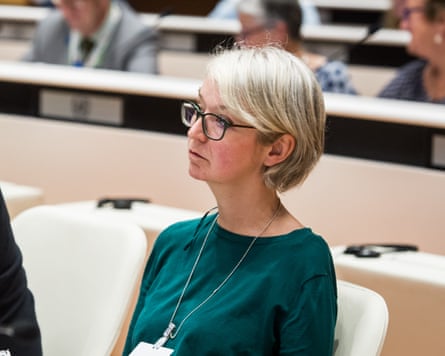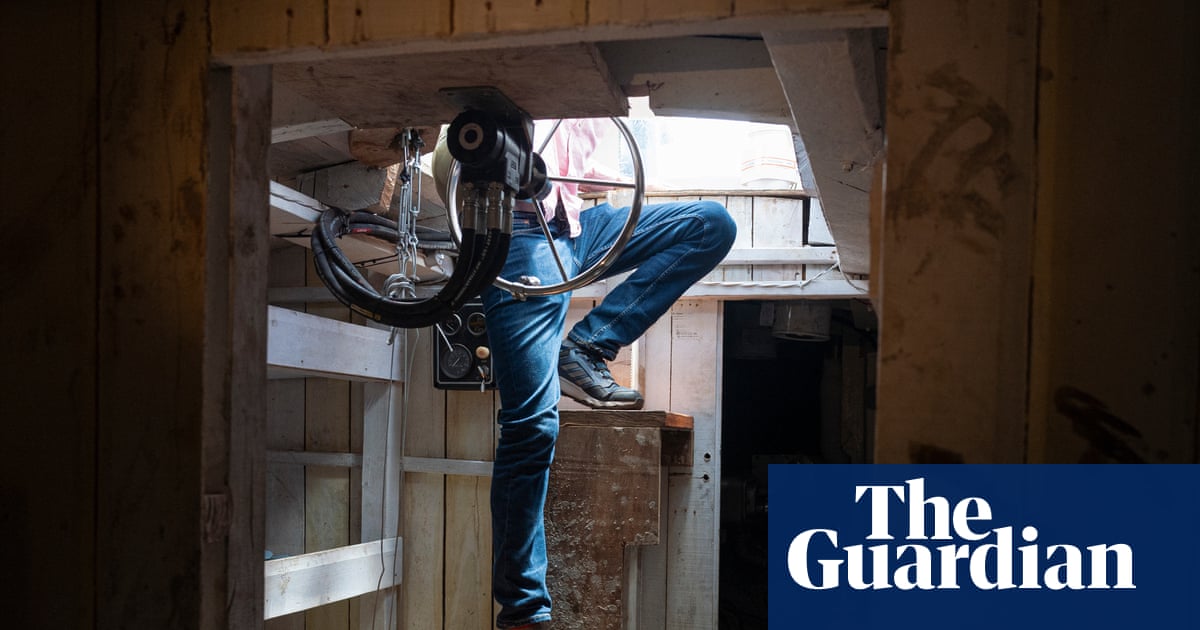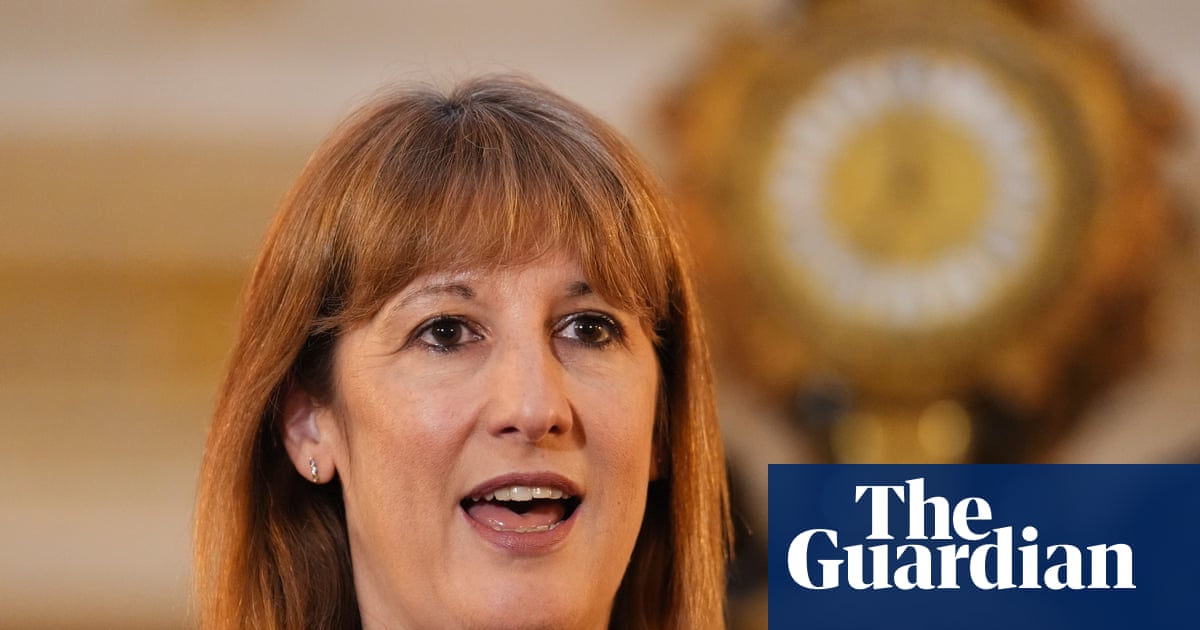“As a community we feel totally let down and these last-minute concessions do nothing to make up for that,” Andy Mitchell, a disability campaigner and a member of Unite Community, says. “My friends are scared. Some have spoken about suicide. This is worse than anything that happened under the Tories.”
With the government offering major concessions to the welfare bill, ministers will be hoping critics have at last been appeased. But many campaigners have reacted with anger and concern over the changes.

Disabled people’s organisations, such as Inclusion London, WinVisible and Long Covid Advocacy, have told the Guardian that plans to exempt only existing claimants from the cuts will create a “two-tier” benefit system that “condemns” future disabled people to poverty.
“Protecting entitlements for current recipients is the right thing to do and if it’s right for current recipients then it has to be the right thing for future claimants too,” says Tracey Lazard, CEO of Inclusion London.
“Even with these concessions, the bill before parliament is not a reform – it’s still rationing. There is no moral or economic case for balancing the books on the backs of disabled people. MPs must not condemn future disabled people to the poverty and indignity these devastating planned cuts will cause.”
Claire Every, spokesperson for Long Covid Advocacy said: “A last-minute napkin deal will not assure safety for disabled people. The concessions create an unfair two-tier system – it is unethical to only throw some people under the bus.
“These changes will negatively impact people with long Covid as they discriminate against those with fluctuating disabilities and will see those who contract the illness in the future receive less support than those who fell ill earlier in the pandemic,” she added.
Some campaigners warn that a system that treats new and old claimants differently could lead to future legal challenges against the government.

“How can you justify someone with the same impairments getting two different rates of social security payments based solely on [when they applied or how long they’ve been ill]? Is it even legal?” says Linda Burnip from Disabled People Against Cuts. “The concessions are ridiculous and [effectively mean] anyone not already ill or disabled in Britain can’t become ill or disabled and expect to have enough money to live on in the future.”
Others have accused the government of trying to sow division within the disabled community to quell opposition to the bill.
“We refuse the government’s divide-and-rule between old and new claimants, and MPs should keep voting against the horrendous cuts they are planning,” says Claire Glasman from WinVisible. “We won’t stop campaigning – new claimants lose out massively across Pip and universal credit, especially women with invisible and fluctuating conditions. Labour is still going after sick and disabled people.
“These offers of concessions are a glimpse into the window of the soul of the government; that they think people are protesting these cuts for their own gain not the wellbeing of all disabled people,” says Cherylee Houston, co-founder of the #TakingThePIP campaign.
It is still unclear whether the concessions will protect eligibility for the connecting benefits to Pip, such as carer’s allowance, she added. “We don’t agree to anything which doesn’t safeguard future disabled people from abject poverty and despair. How can they draw a line to which people who become disabled after a certain date will not receive the support they need?”
The government has pledged the entire criteria system will be reviewed in conjunction with disabled people, but disability groups told the Guardian they are concerned any changes from the review will not be made before the bill passes, while MPs will not have sufficient time to consider proposals.
“MPs are going to be voting on these concessions without people having a decent enough time to look and understand them,” says Mitchell. “One of the points from the amendment was that disabled people hadn’t been properly consulted, so how can it be right when these concessions have not been consulted on at all?”
“If concessions are possible, so is proper reform,” added Lazard. “Fast-tracking a bill with such major consequences is irresponsible and cruel. It denies parliament, disabled people and the public real scrutiny. We urge MPs to stand your ground, stop this dangerous bill and demand better for everyone.”

 2 months ago
53
2 months ago
53

















































